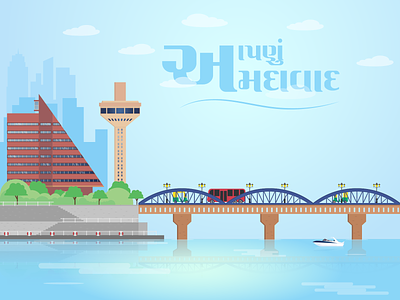
Tsering Topgyal/AP
India’s Supreme Court has upheld the government’s controversial 2019 decision to revoke the special status of Jammu and Kashmir.
New Delhi
CNN
—
India’s top court on Monday upheld the government’s controversial 2019 decision to revoke the special status of Jammu and Kashmir, also ruling that the disputed Muslim-majority territory should regain its state designation with local elections to be held next year.
In the Supreme Court judgment, Chief Justice DY Chandrachud said the “restoration of statehood shall take place at the earliest and as soon as possible,” as he directed the country’s Election Commission to hold polls in Jammu and Kashmir by the end of September 2024.
Claimed in its entirety by both India and Pakistan, the mountainous Kashmir region has been at the epicenter of an often-violent territorial struggle between the nuclear-armed neighbors for more than 70 years. The region is one of the world’s most dangerous flashpoints, and a de facto border called the Line of Control divides the areas overseen by New Delhi and Islamabad.
Four years ago, Prime Minister Narendra Modi’s ruling Bharatiya Janata Party (BJP) scrapped Article 370, a constitutional provision that granted special status to the former state, including the power to have its own constitution, flag and autonomy over all matters, save for certain policy areas such as foreign affairs and defense.
Just days later, India’s parliament voted to split Jammu and Kashmir into two union territories, a highly contentious move that gave New Delhi greater control over the disputed region.
Meanwhile, the remote mountainous region of Ladakh, previously a part of Jammu and Kashmir, was turned into a standalone territory. Parts of the disputed region are claimed by both India and China.
The reclassification of Ladakh was also upheld, the Supreme Court said Monday.
Revoking Kashmir’s special status was one of Modi’s key promises during his 2019 general election campaign and the Supreme Court verdict comes just months before he is expected to run again for a rare third term.
Modi on Monday hailed the court’s verdict as a “resounding declaration of hope, progress and unity.”
“Today’s Supreme Court verdict on the abrogation of Article 370 is historic and constitutionally upholds the decision taken by the Parliament of India on 5th August 2019,” Modi wrote on X, formerly Twitter.
The verdict was “a beacon of hope, a promise of a brighter future and a testament to our collective resolve to build a stronger, more united India,” he added.
The scrapping of Article 370 brought Jammu and Kashmir under all the provisions of the Indian constitution. The move allowed non-residents to buy property in the valley and apply for jobs or scholarships that had previously been reserved for the state’s existing population.
The move also prompted uproar from opposition parties at the time, with critics saying the changes to Kashmir’s status could further inflame tensions and the risk of violence in an already unstable region.
On Monday, some Kashmiri politicians expressed their disappointment at the court’s verdict.
“The people of J&K are not going to lose hope or give up. Our fight for honour and dignity will continue regardless,” wrote Mehbooba Mufti, former chief minister and current leader of the Jammu and Kashmir People’s Democratic Party. “This isn’t the end of the road for us.”
Omar Abdullah, vice president of the Jammu Kashmir National Conference, said he was “disappointed but not disheartened.”
“The struggle will continue. It took the BJP decades to reach here. We are also prepared for the long haul,” he wrote on X.






